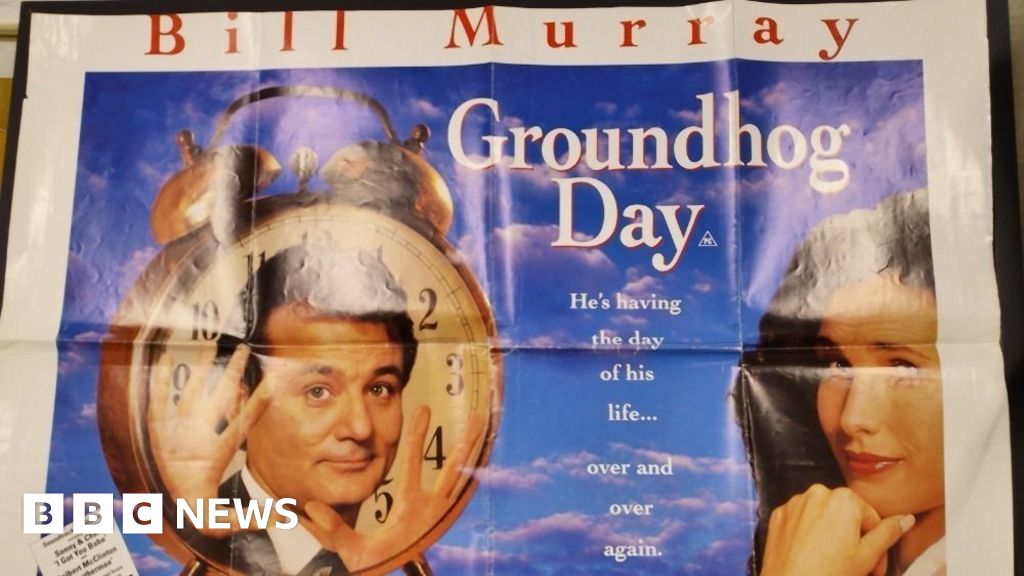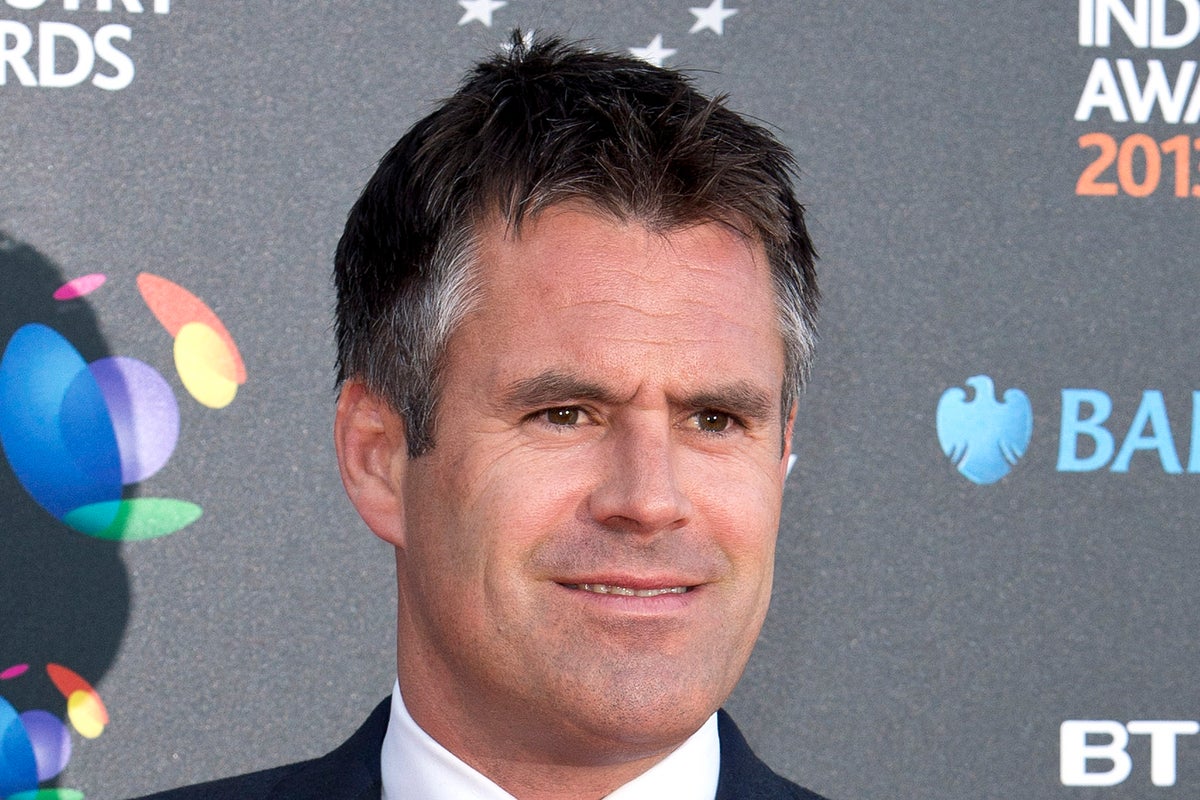Scotland News
In January 1997, long before the modern phenomena of online “paedophile hunters”, a Scottish grandmother found overnight fame when she successfully drove a convicted child sex offender out of the Raploch housing estate in Stirling.
Margaret ‘Big Mags’ Haney and her brand of mob justice transformed her into a matriarchal media personality.
One of her most famous appearances was on the popular daytime TV show Kilroy where she was invited to discuss the ‘paedophile panic’ that was sweeping the county.
Haney argued with the show’s host, squabbled with other guests, and threatened two men in the audience, clearly wearing disguises, who had been convicted of abusing kids.
Her profile skyrocketed and in her new role as a self-styled anti-paedophile campaigner she began to pop up at protests across the country.

She was embraced as a salt-of-the-earth straight talker, applauded in many quarters for standing up for decent folk and for taking action to, as she would put it, fix a problem no-one else was tackling.
Sometimes with a microphone, sometimes with a placard, if Mags was part of the mob, it got the press interested – and the media appearances kept coming.
“I think it was something at her core that she really believed was wrong,” says Cassie Donald, Haney’s granddaughter, who has spoken for the first time to a podcast.
“The community was suffering enough without paedophiles.
“She wasn’t the only person who stood up. She just happened to shout the loudest.”
But Haney was harbouring a secret and it wasn’t long before it came out.
Six months after Haney’s vigilantism, and her steep rise to fame, the press’s focus shifted to the Haney family’s criminal rap sheet.
Big Mags was the head of a “one family crime wave” responsible for thefts and violence across Stirling.
They were dubbed “Scotland’s Family from Hell” by the tabloids.
“Some of them could have scores of crimes against their name,” the Daily Record’s Mark McGivern remembers.
“The amount of crimes committed in Stirling by that family was the stuff of legend so they weren’t great to have around,” he says.

With the family’s crimes exposed and the local community’s patience at an end, Big Mags and the Haneys were forced to leave the estate by a 400-strong mob – bigger than the one whipped up to remove the paedophile Alan Christie six months earlier.
The crowd gathered near Mags’s flat, chanting “build a bonfire and put the Haneys on the top”.
As the chants got louder, police vans screeched into Huntly Crescent to prevent a riot.
Haney came out in pink t-shirt and slippers and gave the crowd the finger as she was led away for her own safety.

After her exile from the Raploch estate, Haney was put in temporary council accommodation.
But with no other local authority in Scotland or the north of England willing to rehouse her, she eventually settled in Lower Bridge Street, a stone’s throw away from her old stomping ground.
Through it all she remained a cause célèbre and the Scottish press still loved a Big Mags story.
In 2000, a darker secret emerged about the matriarch and the Haney clan.
Mark McGivern’s newspaper launched their “Shop-A-Dealer” campaign that encouraged readers to anonymously tip off the biggest heroin dealers in their schemes.
The phones lit up, with many callers ringing up to put Big Mags in the frame, exposing her as the big boss of a drug dynasty that ran heroin out of their flats.

McGivern remembers how Mags’s status changed from celebrated to feared.
“She was a public figure, a community leader, quite a big heroin dealer, and she was a gangster,” he says.
The journalist had a well-placed source who laid out to him the Haney drug operation, with Mags at the top, so he “scratched around” and witnessed family members selling drugs from the flats.
McGivern even bought a couple of bags of heroin from Haney lieutenants as part of his investigation.
Despite having the goods to run the story, he thought he’d try his arm at a direct deal with the boss herself.
“I’ve walked in, I’ve been asked to come into the living room and I was kind of surprised that Mags had sat in a throne, a big chair in the middle of the room,” the reporter recalls.
“I asked to buy drugs – heroin – and she looked at me and said: ‘We don’t sell heroin here’.
“I was thinking, ‘how am I going to get out of here?’.”

Rumbled and feeling somewhat intimidated, McGivern scarpered out of “Fortress Haney”, as it was known, and headed back to write up his story.
The Daily Record splashed Mags’s face across the newspaper with the headline “Dealer number one”.
A police sting operation followed. Four members of the Haney clan were arrested for drug offences and tried at the High Court in Edinburgh.
The court heard Haney was making up to £1,000 a day from the operation in addition to getting paid £1,200 a month in state benefits.
The judge, Lady Smith, said 60-year-old Mags was the mastermind behind the operation, dealing vast quantities heroin from what was known as “Haney’s hotel”.
Haney was jailed for 12 years, her daughter Diane, 35, was sentenced to nine years, 40-year-old niece Roseann to seven years and 31-year-old son Hugh to five years.

Diane’s daughter Cassie was just 10 when her mum and “nana” went to prison.
“I can remember I went to school the morning of their sentencing and I came home and they just weren’t there,” Cassie told the .
“It was, ‘your mum’s in prison but you’ll see her soon’,” Cassie says.
“The attitudes towards them at the time were very much, ‘you’ve made your bed and you lie in it’, and there wasn’t a lot of thought for everybody.”

Despite these convictions, local residents and journalists remained puzzled as to why it took so long to dismantle the Haney drug operation, which was allegedly rampant throughout the 1990s.
Those Haney family members were convicted for their involvement in an 18-month drug operation that ran until their arrest in 2001.
Simon McLean, a retired police officer who investigated the Haneys, told the podcast why he thought their drug operation wasn’t shut down sooner.
“The obvious answer is that she was informing,” he said.
“Crime families and organised crime leaders, I have met all of these people and I’ve never met one that didn’t talk to the police at some level.”
Another police source confirmed that Big Mags would provide officers with information.

Mags Haney died of cancer in 2013, aged 70.
Twelve years on, Cassie believes her grandmother’s legacy is more complex than was portrayed in the media.
“Two things can be true at one time,” she says.
“You can be a drug dealer that has sold drugs that have potentially killed people, but you could also still be a loving grandmother and a good person.
“I still feel like we owe it to her to tell her story.”



